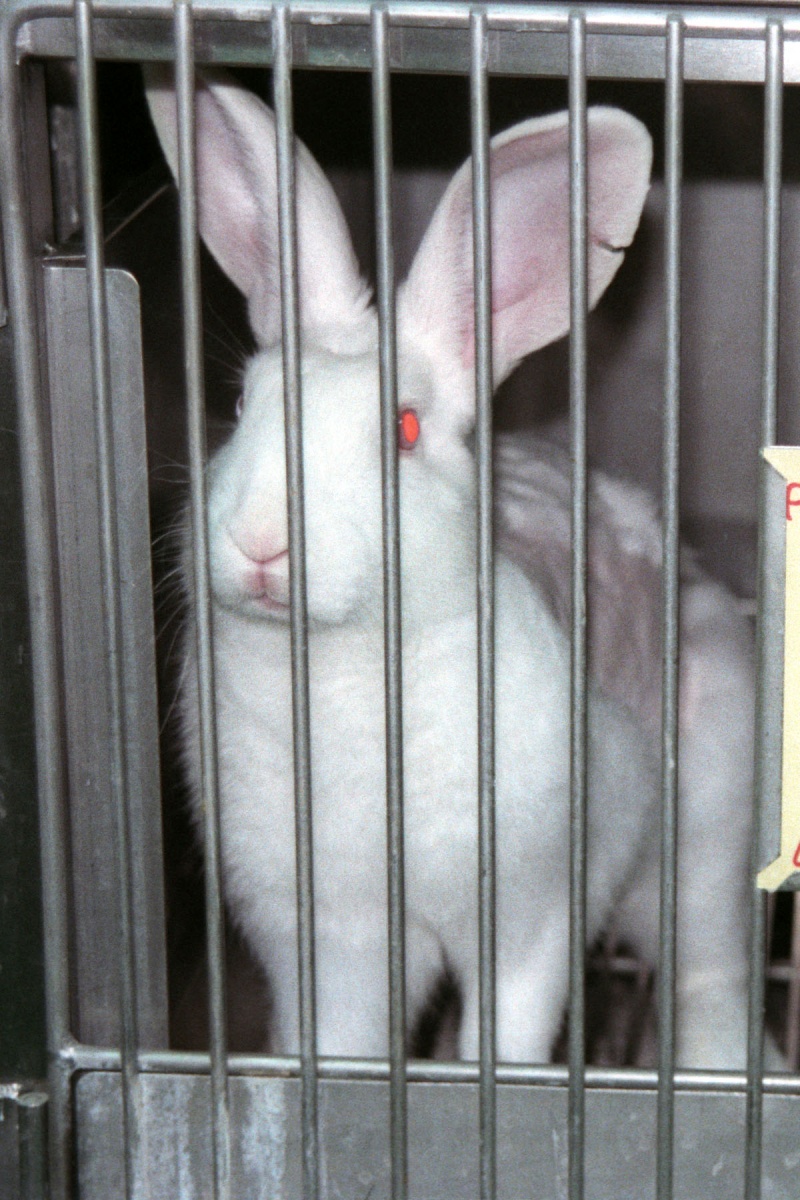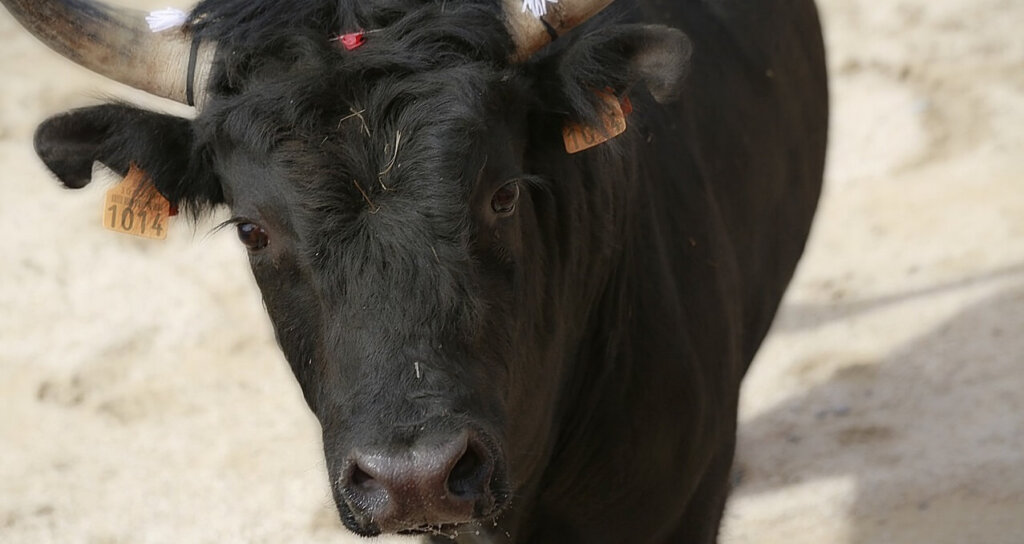
New Zealand to Test Recreational Drugs on Animals?
 The New Zealand government is considering whether to allow the testing of recreational psychoactive drugs on animals. These are non-medicinal, recreational drugs that are of no benefit to human health.
The New Zealand government is considering whether to allow the testing of recreational psychoactive drugs on animals. These are non-medicinal, recreational drugs that are of no benefit to human health.
The government is looking to change the current law and ask manufacturers to prove that these pills are safe for human use.
According to Associate Health Minister Peter Dunne, it is “unavoidable” that party pills would be tested on non-human animals. Yet many countries have regulations in place against testing on animals for substances that are harmful and which humans have the choice not to consume. The UK Home Office has classified the use of animals for testing tobacco or alcohol products as “morally or ethically objectionable”.
Tests on non-human animals often provide inaccurate information about how chemicals will affect humans and can lead to dangerous reactions in humans when substances which are labelled “safe” in animal tests are further tested. The US Food and Drug Administration has said that 92 per cent of drugs that are found to be safe and effective in animals fail in human clinical trials. Non-animal methods– which are more predictive for human health and also more humane– exist and should be exclusively used to evaluate the safety of these drugs.
Modern non-animal research methods include in vitro tests and the use of human-like simulators and computer-modelling techniques. These humane tests are also less expensive, faster and more accurate than animal-based methods.
If you think that testing recreational drugs on animals is wrong, e-mail the Associate Health Minister, Peter Dunne, at [email protected] and ask him to use his power to keep dogs and other animals from suffering in these tests.
Posted by Claire Fryer
Let’s make 2025 a historic year for animals




